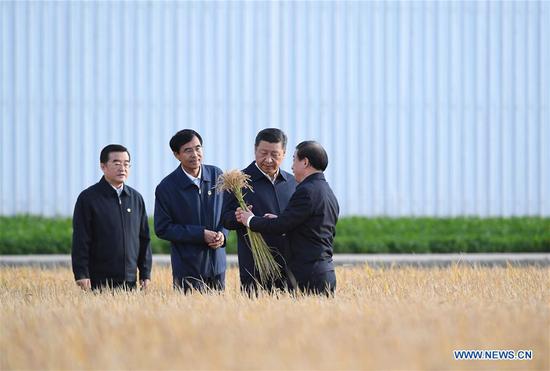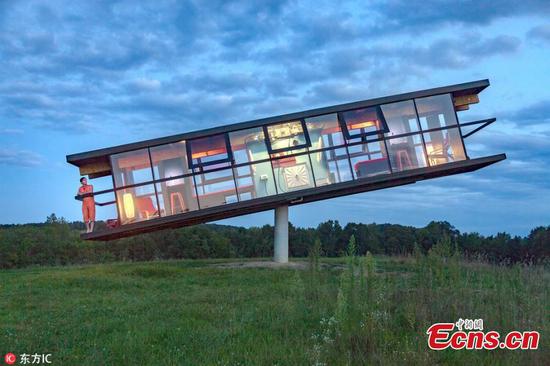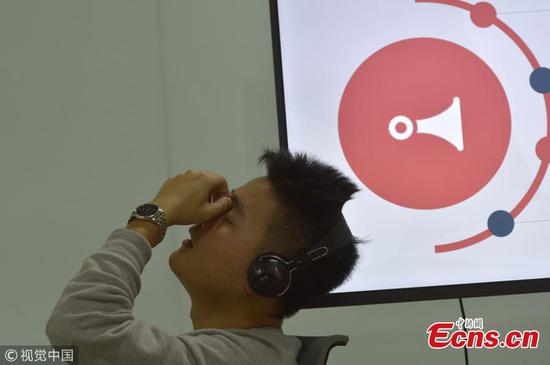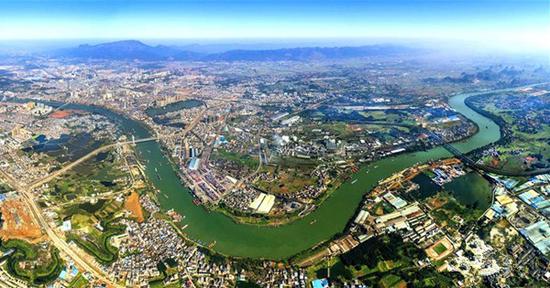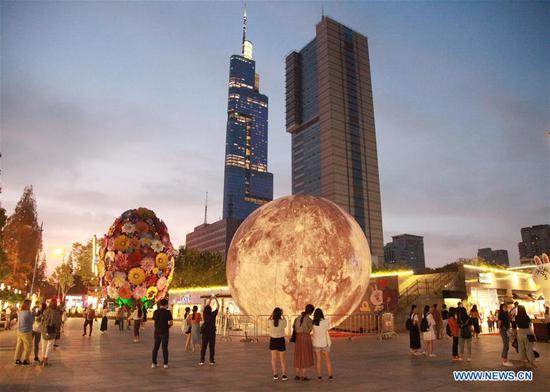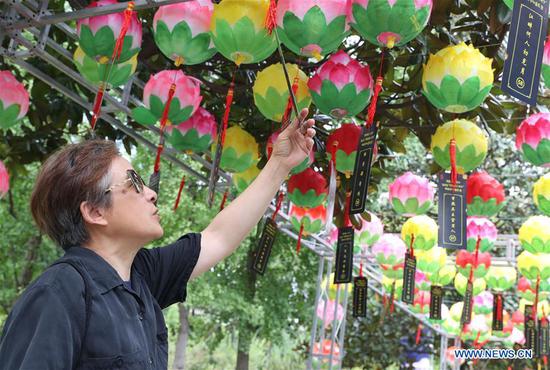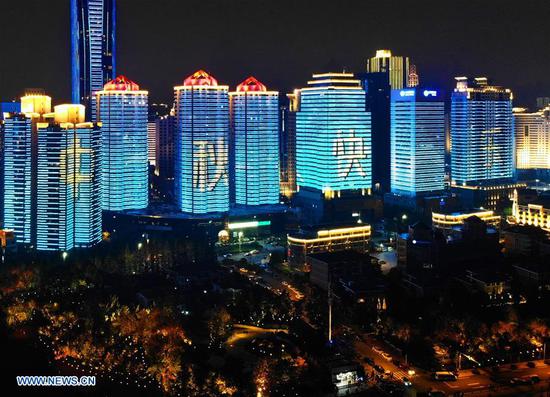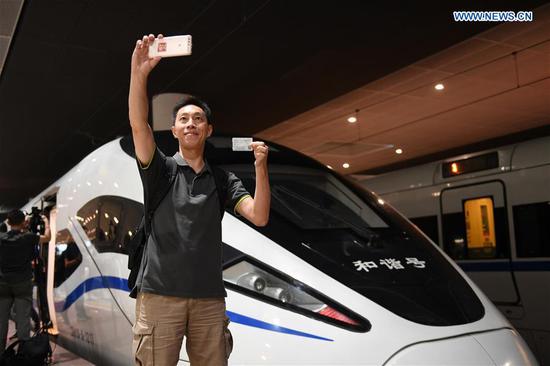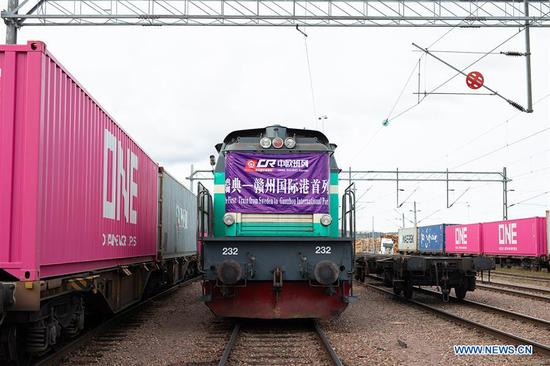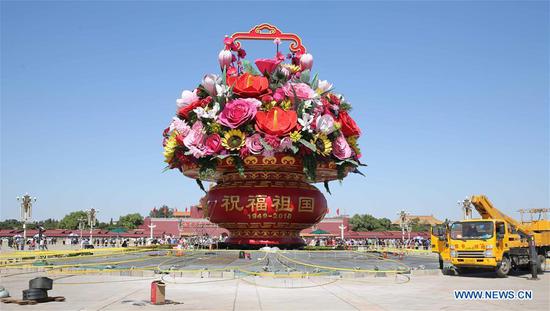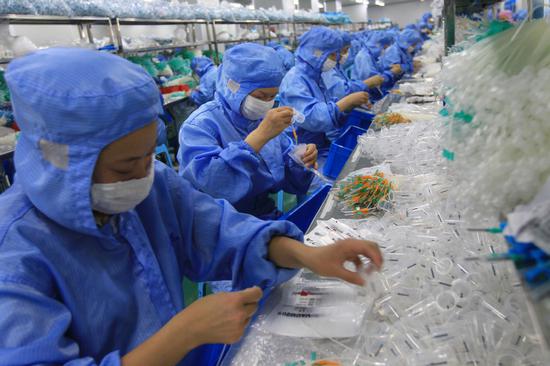
Workers assemble medical equipment in a manufacturing company in Wenzhou, Zhejiang Province. (Photo provided to China Daily)
Small enterprises grow and upgrade in Wenzhou thanks to local industrial parks, micro loans and incentives
Wenzhou in southern Zhejiang Province is seen as a pioneering city, together with Shenzhen and Shanghai, in the country's reform and opening-up over the past four decades, and is moving to help its small businesses grow further.
Dubbed the birthplace of new China's private sector, after the mainland's first private business license was issued there in 1980, the coastal city has been famous for its prosperous family-run businesses ever since.
Countless Wenzhou tycoons have built up business empires, forming the first generation of private entrepreneurs. The term "Wenzhou bosses" has long been associated with affluence among Chinese people.
The city's annual GDP has increased more than 400 times in 40 years - from a humble 1.32 billion yuan ($193 million) in 1978 to 545.32 billion yuan in 2017.
In some cities in China, State-owned companies and government investment account for a significant proportion of growth. In Wenzhou, more than 80 percent of GDP is contributed by the private sector, with 99 percent of all businesses in the city being privately run, according to local government statistics.
Lin Lei owns Riseyearn Electric, a small manufacturer of parts for circuit breakers - just one among the 223,000 private companies in the city. His parents started the business with five workers in their family workshop 10 years ago. Now it employs 50 people with an annual revenue of around 30 million yuan.
Lin's parents had not thought about moving their factory before Lin told them that the local government planned to build industrial parks designed for small and micro enterprises.
He applied to a park in Yueqing, a county-level city in Wenzhou that is home to more than half of the country's production of low-voltage electrical apparatus.
"We spent some money to automate our assembly line to cut labor costs as we moved into the new factory earlier this year," Lin said. He added he expects a 30 percent rise in production after the upgrade.
The industrial park screens enterprises' applications against a strict set of criteria, including the company's size, innovation ability and future development plans, and provides companies with cheaper land, standard factory plants and better financial services.
According to a three-year action plan to boost growth among small and micro enterprises, Wenzhou will build 142 such parks by 2020.
As most of the small enterprises in Wenzhou have grown from the grassroots level, the market is fragmented and many still operate as mom and pop, family-run factories.
Li Xiongwei, deputy director of the city's economy and informatization commission, said the plan is to organize the city's enterprises by supply chain, thus upgrading and promoting high-quality growth in the private sector.
"I was so excited when my company moved into the small industrial park," said Ni Xiangyong, owner of Zhejiang Zhongfu Electric. "It feels like home, so my company doesn't need to move around."
After launching in 2009, Ni's company used to rent empty houses in surrounding villages to serve as factories.
"The shabby factories scared off many big clients who didn't trust us when coming to visit our plants," Ni said.
After moving into the park, the company has expanded from 1,600 square meters of factory space to 10,300 sq m, and has spent 3 million yuan upgrading its technology.
"With a stable factory yard, I'm confident in putting more money into research and development, upgrading our machinery and hiring more high-end workers," he said.










